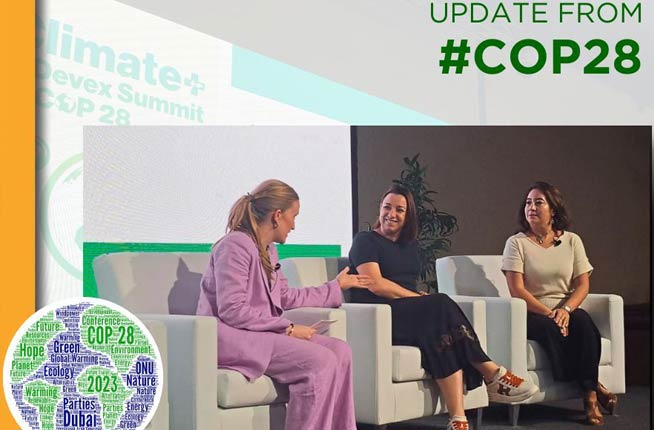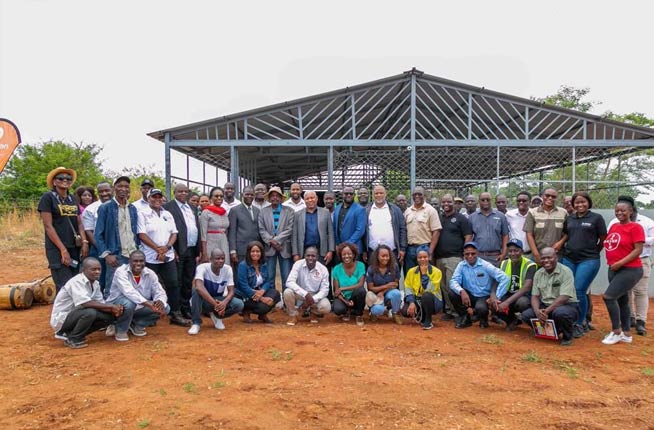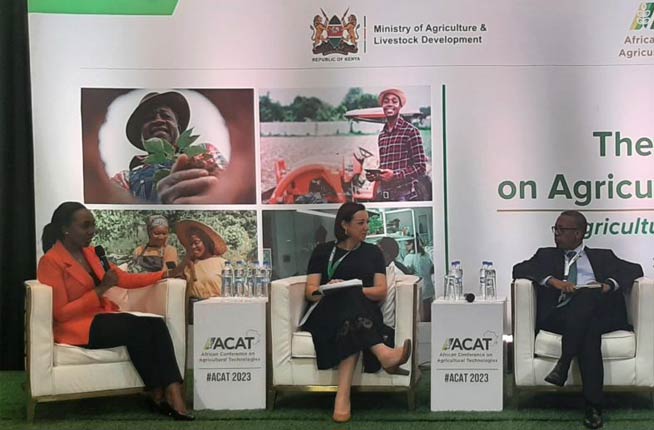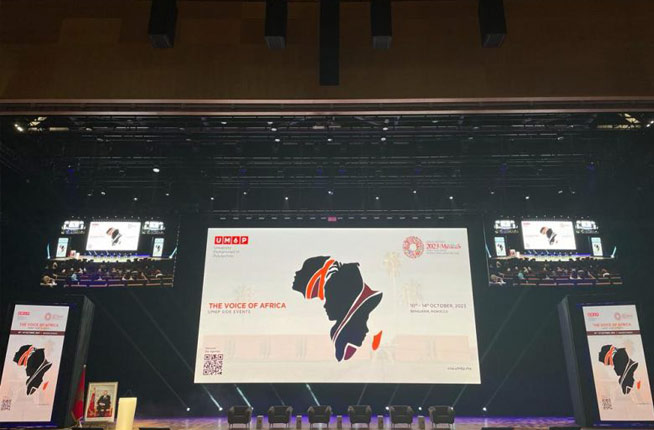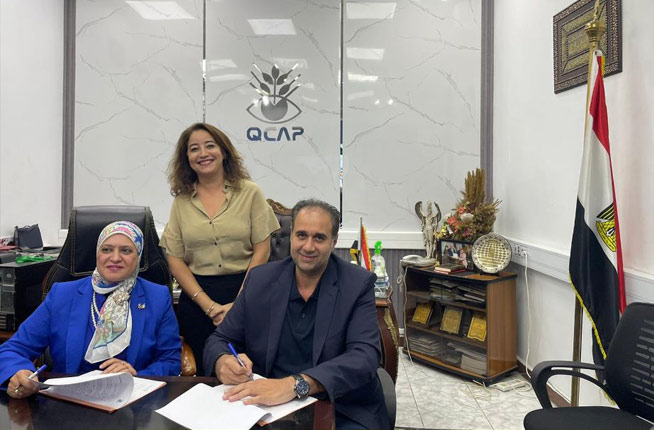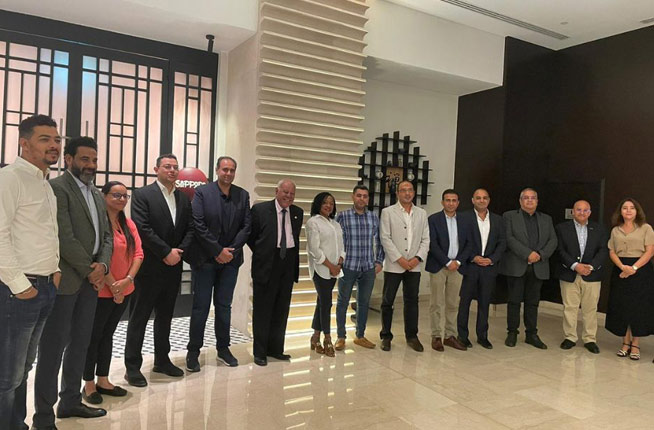esterday, Thursday 7 December, Samira Amellal, CEO at CropLife Africa Middle East, took part in the Devex Climate+ Summit alongside COP28 in Dubai, sharing the stage with Emily Rees, CEO of CropLife International, on the important topic of ‘Harvesting Innovation for Climate Resilience’.
Check out the key takeaways below:
Agriculture can help Africa achieve the Sustainable Development Goals and the African Union Agenda 2063 thanks to the opportunities and solutions it offers.
Plant science technologies and innovations can help African farmers deliver more with less, contributing to food security while transitioning towards more sustainable food systems. By unleashing Africa’s agricultural potential, innovations and crop protection technologies also allow farmers and Africa to trade, improving our farmers’ livelihoods and having the potential to lift millions of Africans out of extreme poverty.
The above requires a combination of technological advancements, policy reforms, and collaborative efforts. It is in this context that, so far, CropLife Africa Middle East has launched the Sustainable Pesticide Management Framework (SPMF), a proactive and long- term engagement over 5 years and for which over 13$ million dollars are being invested by the industry. The core ambition of the SPMF is to protect human health, safeguard the environment and optimize agricultural productivity. To date the SPMF has launched in two significant agricultural countries in the region: Kenya in 2021, and in Morocco in 2022.
Still, a lot remains to be done. The attainment of a prosperous agriculture sector, capable of feeding an African population expected to double by 2050, while also meeting sustainability goals, requires:
Dr Amellal concluded as follows “COP28 is a fantastic opportunity to gather various stakeholders across the food value chain to discuss these important topics. We now need concrete actions in order to have concrete results”. Ms Rees shared her optimism about the recent Emirates Declaration on Sustainable Agriculture, Resilient Food Systems and Climate Action “It’s a great step forward as countries have committed to integrating agriculture and food systems into their localised Nationally Determined Contributions (NDCs) and National Adaptation Plans (NAPs).”

